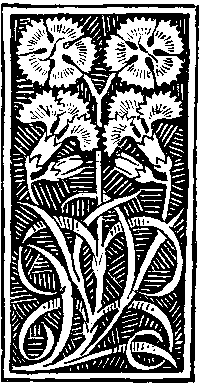The Neo-Victorian Chinese Diaspora:
Crossing Genders and Postcolonial Subversion in Pacific Gold Rush Novels
Keywords:
Isabel Allende, Californian gold rush, Chinese diaspora, feminism, frontier, neo-Victorian, New Zealand, postcolonialism, romance plot, Rose TremainAbstract
In neo-Victorian gold-rush novels, the Pacific coasts of California and New Zealand are liminal spaces where clashes and encounters between Asian, Australasian and American cultures occur. In particular, frontier town communities in Rose Tremain’s The Colour (2003) and Isabel Allende’s Daughter of Fortune (1999) portray the problematic hierarchy established by the white, predominantly male ruling class over Chinese migrants. Pao Yi (in Tremain) and Tao Chi’en (in Allende), victims of the traumatic experience of the Opium Wars and the loss of their families, are reduced to a marginal role in the settlement enterprise, and subjected to violent discrimination from the white prospectors. They will find unexpected allies in another silenced minority in the frontier town, namely women of English heritage. This article argues that the friendships and romantic relations, which eventually develop between these two groups of excluded people, challenge imperial hegemony from within. Such Anglo-Chinese crossings disrupt the Victorian system of social and racial hierarchies, and represent a new postcolonial and neo-Victorian community based on cross-cultural integration and equality


